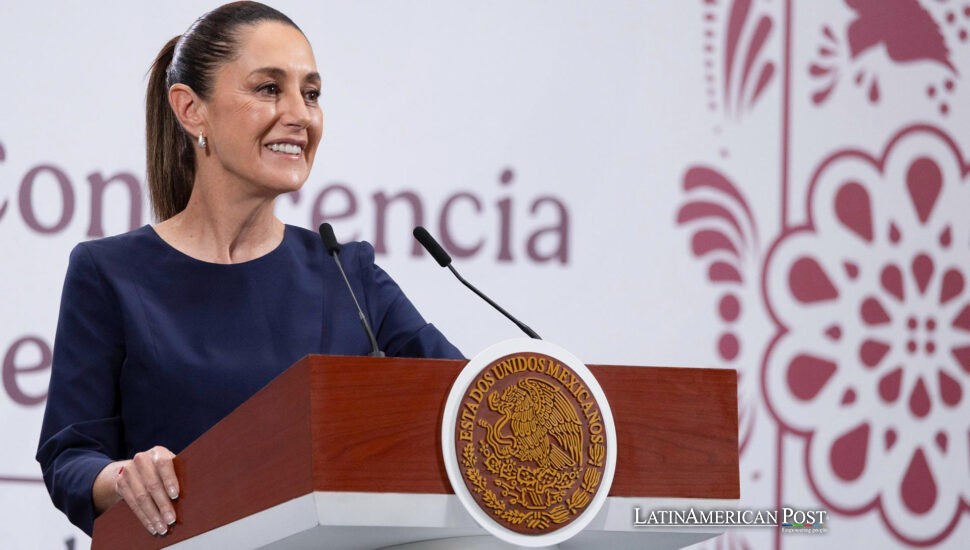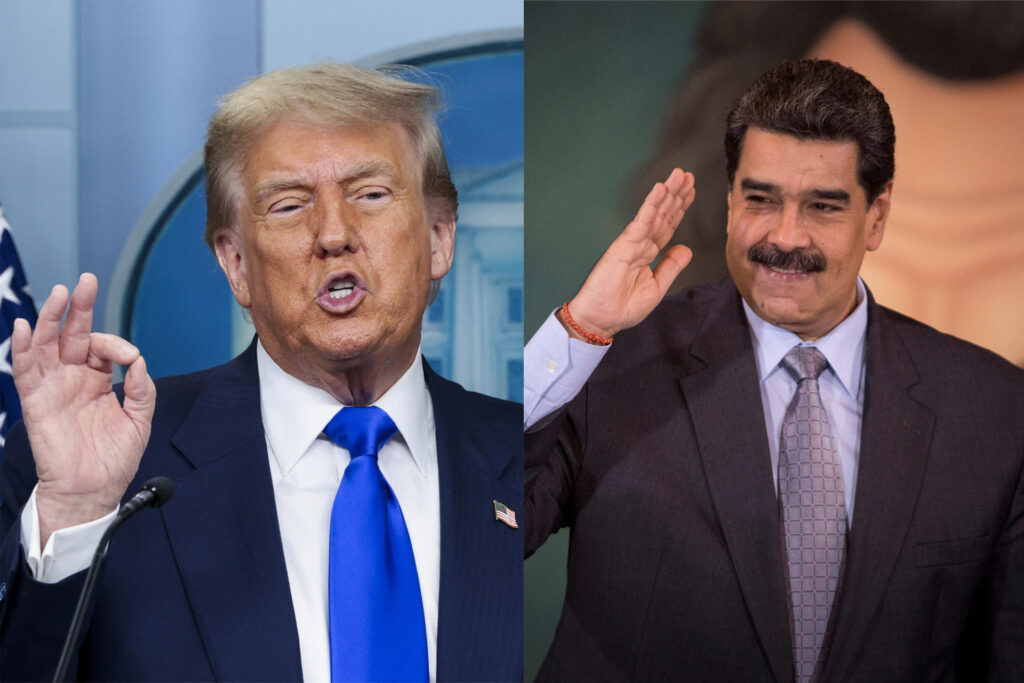Trump’s Hardline Shift Toward Latin America Rekindles Old Fears and New Risks

Under a gray Washington sky, President Donald Trump stepped to the podium. He made clear his administration’s next move: the United States would be ready to use military force against Latin American drug cartels. For some in the region, the words landed like an echo from the past — the kind that stirs memories of U.S. warships offshore, covert operations, and toppled governments. For others, it was a signal that Washington’s era of cautious diplomacy had given way to something far more combative.
A New Confrontational Playbook
According to Bloomberg, Trump has instructed the Pentagon to prepare operational plans to target transnational cartels. It’s part of a wider security framework his team is finalizing with Mexico — one that will increase intelligence-sharing, joint monitoring, and coordination along the border.
But the proposal stops short of allowing U.S. troops to set foot on Mexican soil, a concession to Mexico’s fierce defense of its sovereignty. President Claudia Sheinbaum and her Foreign Ministry wasted no time drawing the line. “Mexico would not accept the participation of U.S. military forces in our territory,” the ministry said flatly, stressing that cooperation must rest on “mutual trust, equality, and respect.”
Pressed by reporters on whether that line could ever be crossed, Trump gave his trademark, clipped answer: “Latin America has got a lot of cartels. They’ve got a lot of drugs flowing. So, you know, we want to protect our country.” Hours later, the U.S. ambassador to Mexico stepped in to soften the edges, promising to act “together — and not unilaterally” in confronting traffickers.
Flashpoints Across the Hemisphere
The shift isn’t limited to Mexico. Secretary of State Marco Rubio’s recent tour of Central America included calls for greater U.S. military access to the Panama Canal — a move likely to unsettle regional governments wary of expanded American presence.
In South America, relations with Colombia’s leftist president Gustavo Petro have grown strained, with Washington reportedly considering a formal “decertification” of Bogotá’s anti-narcotics record. This diplomatic slap could trigger sanctions.
Venezuela, meanwhile, has become a centerpiece of the hardline turn. This week, Washington doubled the bounty for information leading to the arrest of President Nicolás Maduro, now offering $50 million and labeling him a “drug kingpin.” Caracas responded with defiance. Defense Minister Vladimir Padrino López went on state television to deny the existence of criminal gangs in the country and vowed to “neutralize” any threat to its sovereignty.
Not all governments are bristling. In Ecuador, the pro-U.S. administration is preparing a referendum that could open the door to foreign military installations — widely seen as a first step toward reviving an American base there. But in Mexico, Sheinbaum left no doubt about her stance: “The United States is not going to come to Mexico with the military… There will be no invasion. That is absolutely out of the question.”
Risks of Backlash and Blowback
Analysts warn that even floating the idea of military strikes could inflame anti-U.S. sentiment across the region. “This will strengthen autocratic regimes like the ones in Venezuela or Nicaragua, and the anti-American sentiment in Mexico, Guatemala, and even in Colombia,” said Jorge Restrepo, head of Bogotá’s CERAC research center.
The risks aren’t only political. James Bosworth, a political risk consultant, told Bloomberg that cartels today can strike inside the United States “in a way that al-Qaeda could only dream of,” raising the stakes of any military confrontation. While cocaine remains a concern, Trump’s focus is on fentanyl — much of it sourced from China — which has become a lethal centerpiece of his 2024 campaign rhetoric.
Still, practical realities may limit how far the strategy goes. Geoff Ramsey of the Atlantic Council pointed out that oil supply concerns and migration management make direct U.S. intervention in Venezuela unlikely. “Trump is seeking to project strength but ultimately understands that any kind of military action in Venezuela would run completely contrary to U.S. interests,” Ramsey said. “Unfortunately, Maduro knows that this is a bluff… and I fear that this is only going to lead [the opposition] down the path of magical thinking.”

Navigating Old Wounds in a New Era
For much of Latin America, the mere hint of U.S. military action calls up a fraught history — from the CIA’s role in Guatemala’s 1954 coup to the covert backing of Chile’s military overthrow in 1973. While today’s ties are more complex, woven through trade deals, energy pipelines, and migration agreements, the political sensitivity remains.
That’s why Mexico’s cooperation rests firmly on the promise that no U.S. boots will cross the border. The upcoming bilateral security agreement will be an early test of whether Trump can pair his appetite for hard power with enough diplomacy to keep the partnership intact.
If the administration miscalculates, it risks not just diplomatic rifts but also the unraveling of decades of security cooperation painstakingly built since the Cold War. If it succeeds, it could reshape the U.S. role in the hemisphere — not as a cautious partner, but as an unabashed enforcer.
Also Read: On Bolivia’s 200th Birthday, a Rightward Political Shift Beckons Amid Crisis and Unrest
For now, the region waits. And in the capitals of Latin America, where the memory of past interventions never fades, leaders are calculating whether this is a bluff, a bargaining tactic, or the opening chapter of a much more turbulent story.





